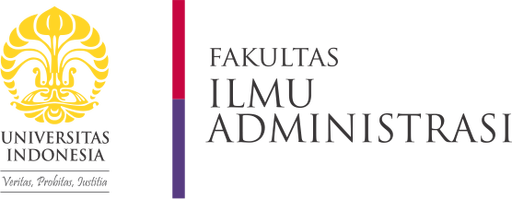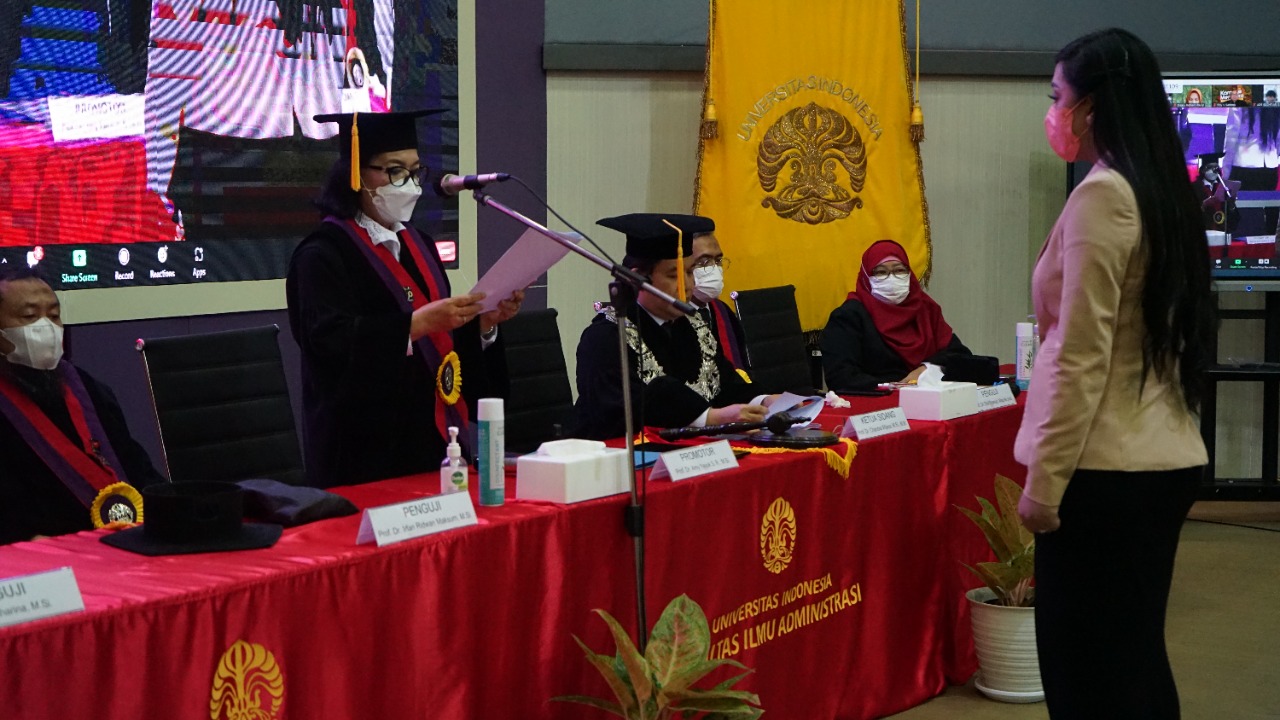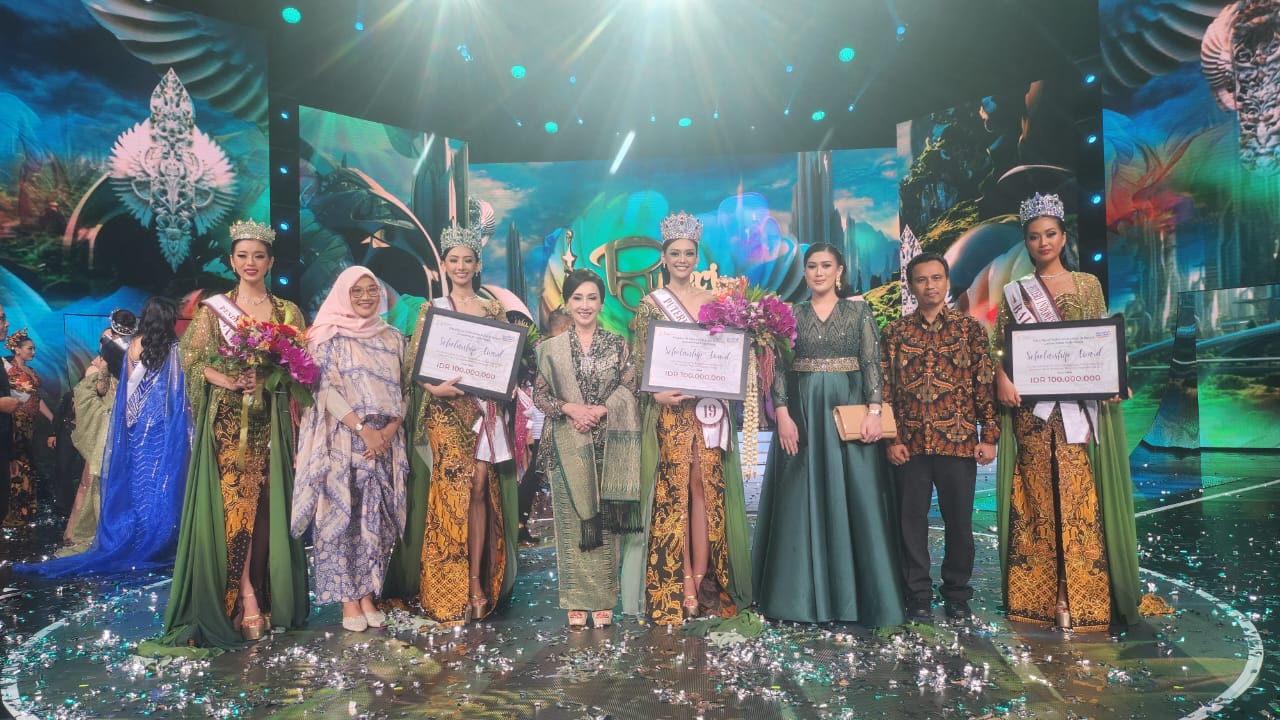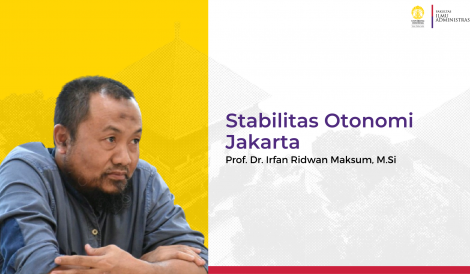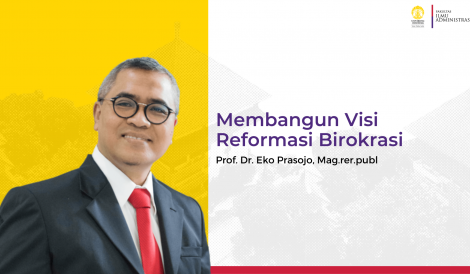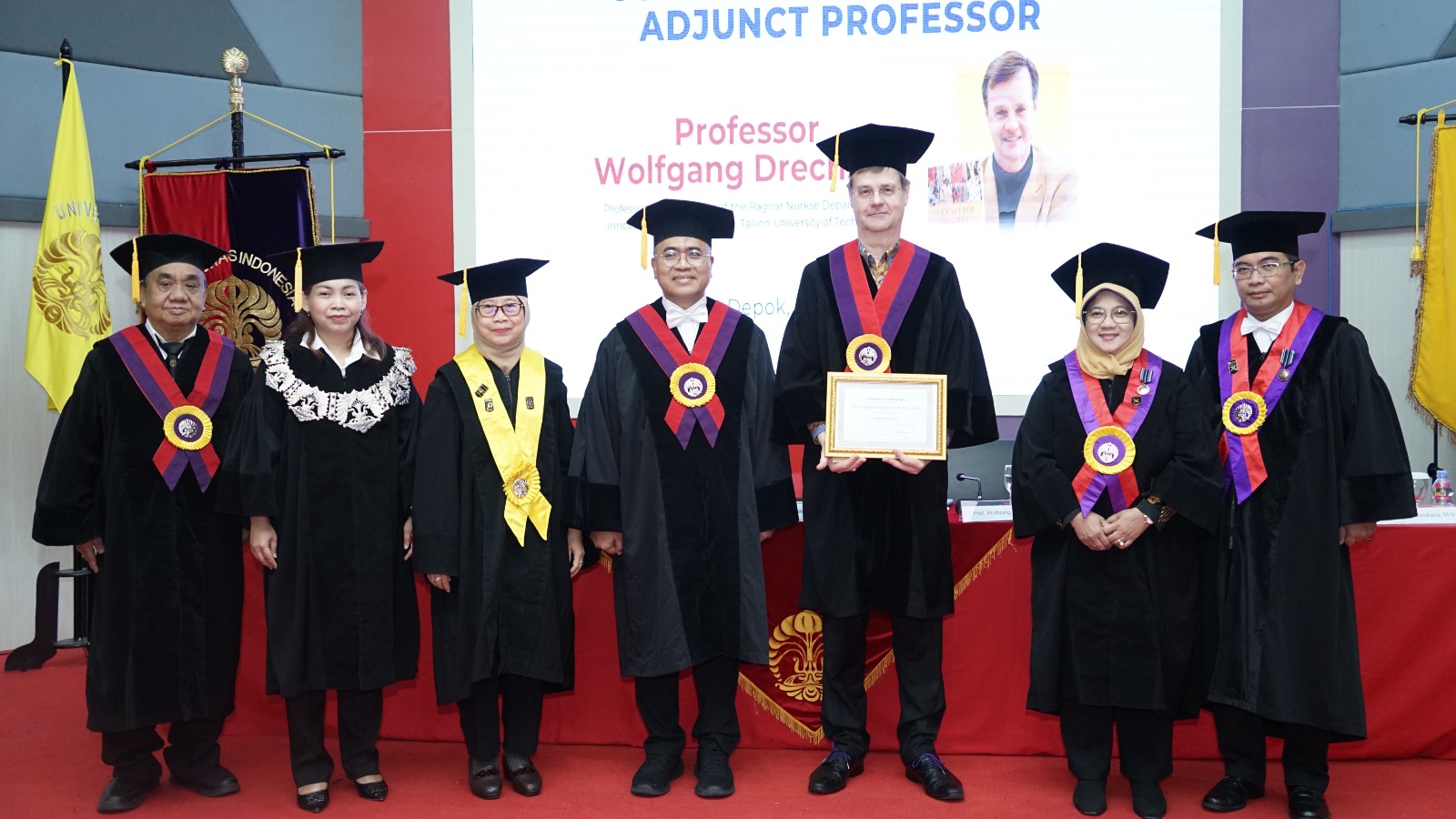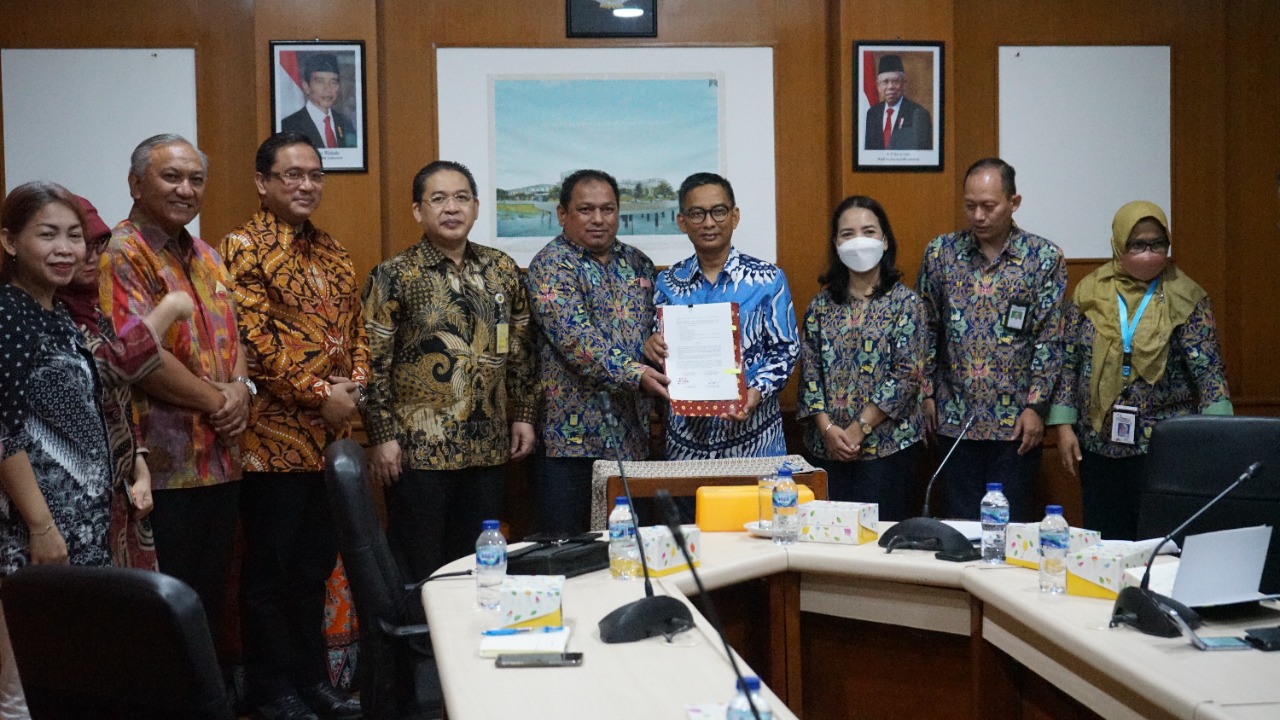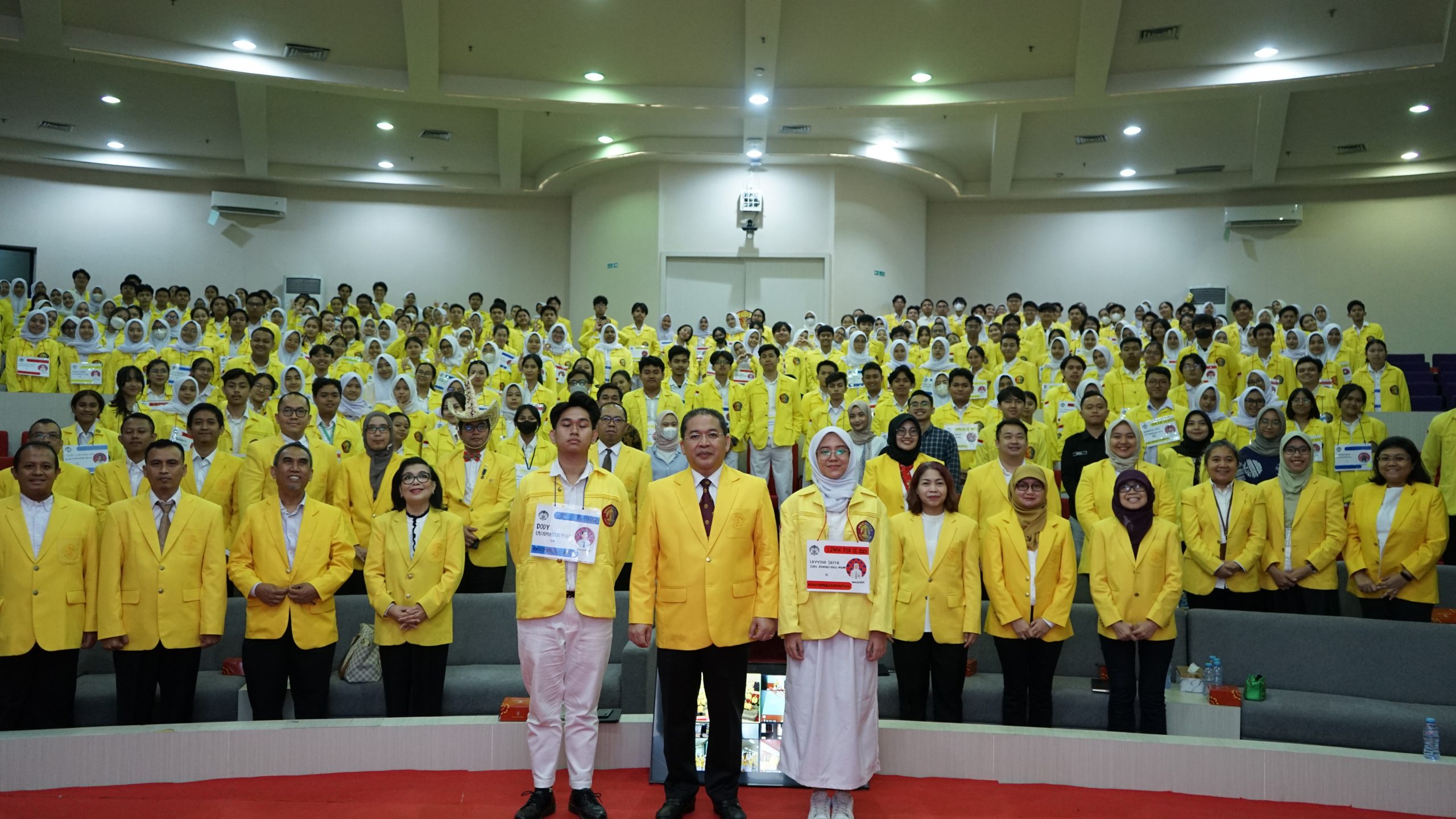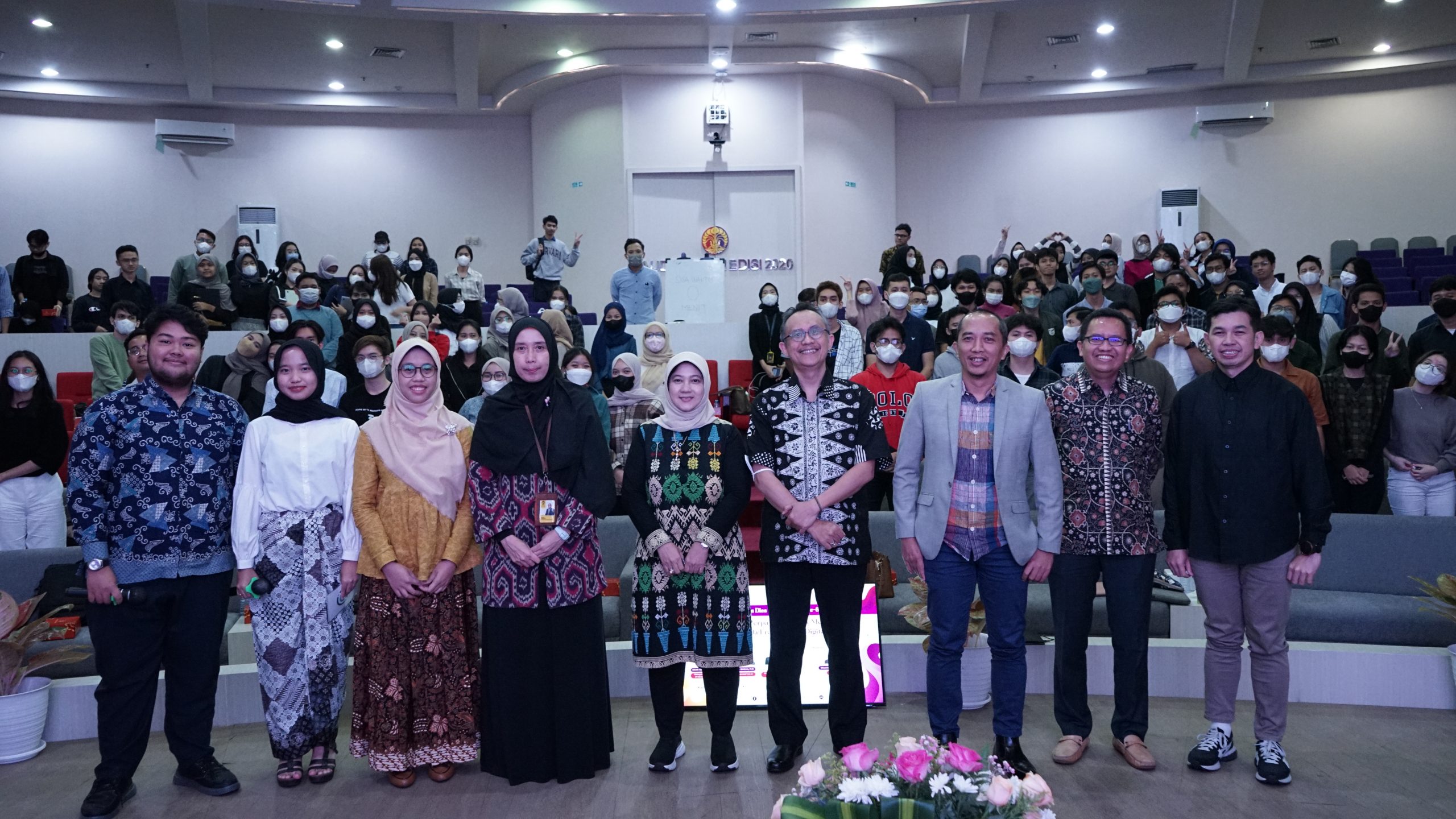Stepi Anriani officially became a Doctor in Administrative Sciences with Cum Laude predicate for her dissertation entitled Model Collaborative Governance in Special Autonomy Policy to Eliminate the Free Papua Movement, at the Doctoral Promotion event held in the Auditorium Edition of the Faculty of Administrative Sciences, University of Indonesia in a hybrid (online and offline) ), Monday afternoon (18/4/2022).
Stepi’s doctoral promotion event began with the reading of a summary of the dissertation by promovendus by explaining the background, objectives and benefits of the research carried out.
“One of the Indonesian government’s homework that has not been completed so far is the problem in the provinces of Papua and West Papua. The root problems in Papua can be grouped into three areas, namely the political field, the economic-development sector and the social-social sector,” said Stepi.
Stepi added that the issue of the special autonomy policy for Papua is generally at the operational level (in terms of implementation), namely the governance aspect. Therefore, promovendus emphasizes that the collaborative governance approach is a very important approach and can be done to analyze problems at the policy implementation level.
“This is very relevant and important to conduct research on collaborative governance models in the Otsus policy to eliminate the Free Papua Movement based on the perspective of Public Policy Science,” he explained.
Furthermore, Stepi’s research results show that collaboration in the Otsus policy is in accordance with the 6 important criteria of Ansell and Gash, but has weaknesses. Various efforts to eliminate the Papuan independence movement have been carried out by the government although it has not yet taken the form of a standard cooperation.
“The results of the second study show that the determinant factors that affect the collaboration process, namely the dimensions of starting conditions, institutional design, and facilitative leadership experience many obstacles and challenges so that they are not optimal in providing positive encouragement to the collaboration process,” he said.
The results of Stepi’s third study indicate that the collaborative governance model needs to be further developed due to pressure from external parties such as state actors and non-state actors.
In addition, Stepi emphasized the importance of guaranteeing good collaborative management, a supportive policy climate, policy advisors, and the Papuan policy community so that they do not issue reactive policies and that the policy stages can be implemented properly.
“There are at least ten actors who need to be involved in this collaboration model, namely elements of ministries/agencies, TNI-Polri, Papuan indigenous people, academics, traditional and youth leaders, religious leaders, the Free Papua Movement, women’s leaders, the private sector and the Papuan regional government or so-called dexahelix actor,” he explained.
At the end of the submission of her dissertation summary, Stepi provided recommendations in the form of the need for support and a platform to ensure collaboration management can run well. This can be done through four things.
“The first is related to conception, which needs to be started by making a Road Map or white paper on handling problems. Second, related to institutions, based on Law No. 2 of 2021, the Vice President of the Republic of Indonesia is a facilitative leader at the national leadership level who needs to be supported by facilitative leaders at the national level. the area. The government can also open local political channels through the formation of local political parties in Papua so that groups that support the Free Papua Movement with political motives can be accommodated, “said Stepi.
Third, related to strengthening functions, Stepi recommends that the government needs to involve non-state actors in making Otsus policies and their derivative policies so that Otsus becomes a common property.
“In order for the implementation of Otsus to be more optimal, the government must also encourage the strengthening of human resources, especially the bureaucracy in Papua and West Papua by conducting national-scale regeneration, opportunities to obtain education in the best civil service schools and official schools, opportunities for careers in various places including ministries and government agencies. regional governments throughout Indonesia,” he explained.
Fourth, related to sustainable programs, Stepi explained that a program that can be imitated and become an example for other regions is needed. He also explained that the government through the Ministry of Home Affairs together with the Ministry of PUPR, IBRA, the Ministry of Communication and Information could make a pilot project in Papua Province or West Papua Province before the expansion of new provincial areas in Papua.
“The Indonesian government also needs to encourage the involvement of researchers, observers, academics in making scientific products related to Papua,” he concluded.
Then, the event continued with a question and rebuttal session by the examiners. After that, the examiners then held a closed session to determine their graduation.
After waiting about 15 minutes, then the Chairperson of the Session Prof. Dr. Chandra Wijaya, M.Sc., MM, announced that the Examiner Team appointed Stepi to become a Doctor in Administrative Sciences with Cum Laude graduation.
The event then ended with the inauguration of Septi as a Doctor in Administrative Sciences by the promoter, Prof. Dr. Amy Yayuk Sri Rahayu, M.Sc.
It is known that also attending the doctoral promotion session, Dr. Roy Valiant Solomon, M.Soc.Sc. as Co-Promoter, a member of the trial who is also an examiner, namely Prof. Dr. Irfan Ridwan Maksum, M.Sc. Prof. Dr. Eko Prasojo, Mag.rer.publ., Dr. Lina Miftahul Jannah, M.Sc., Prof. Dr. Djoehermansyah Djohan, M.A., Dr. Riris Katharina, M.Sc., and Dr. Anton Raharusun, S.H., M.H.
